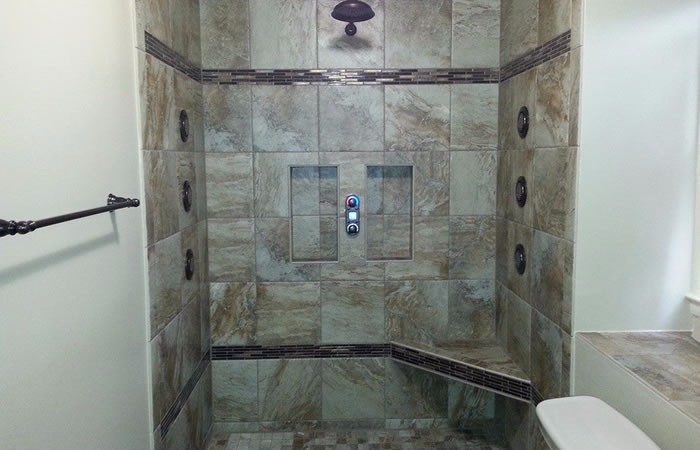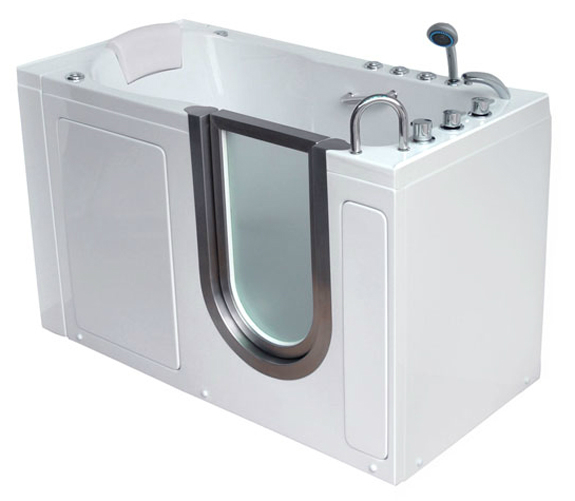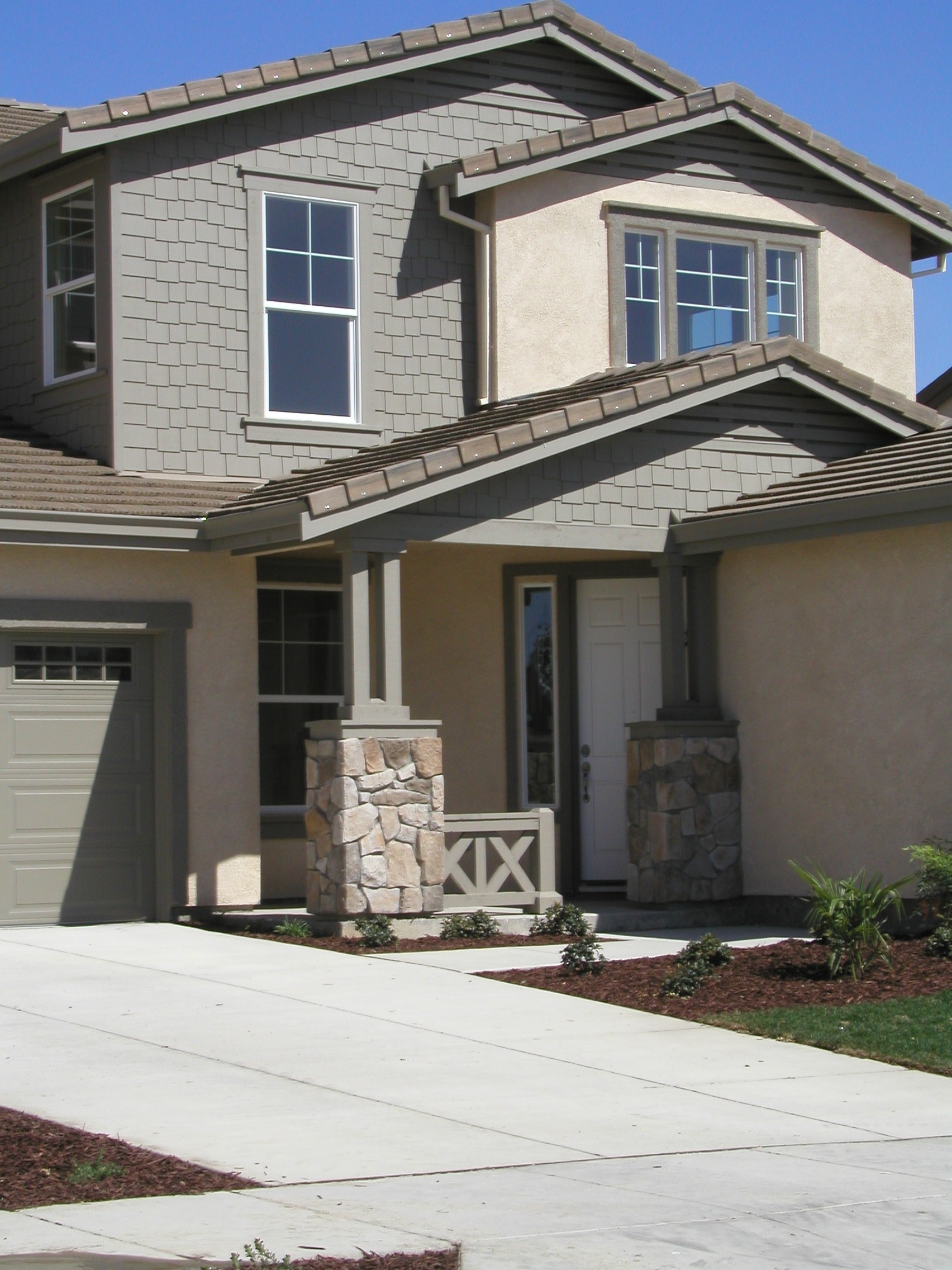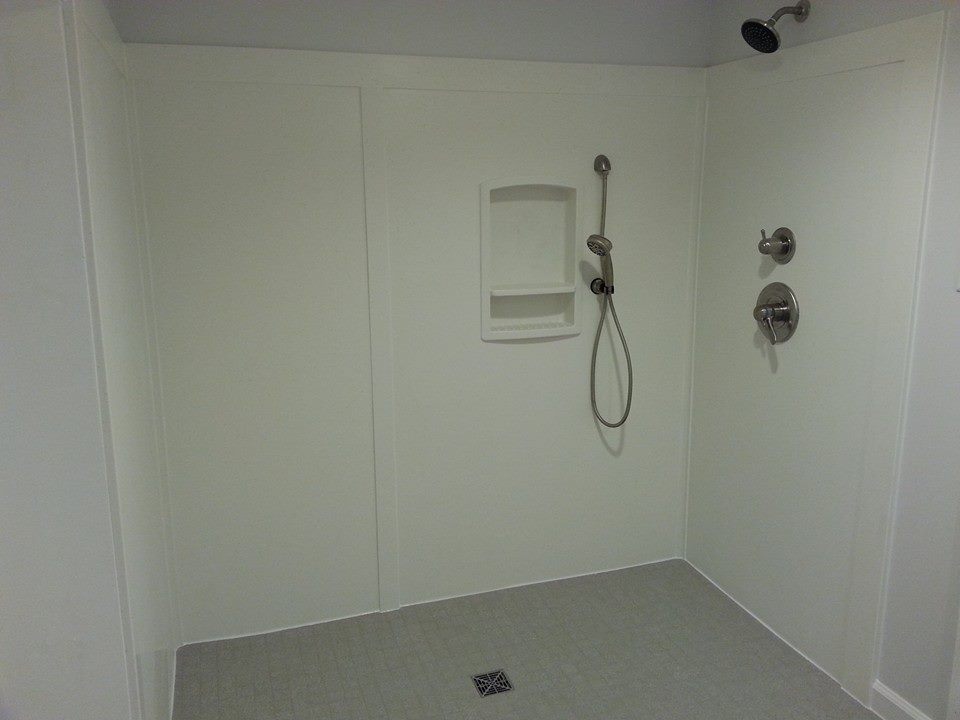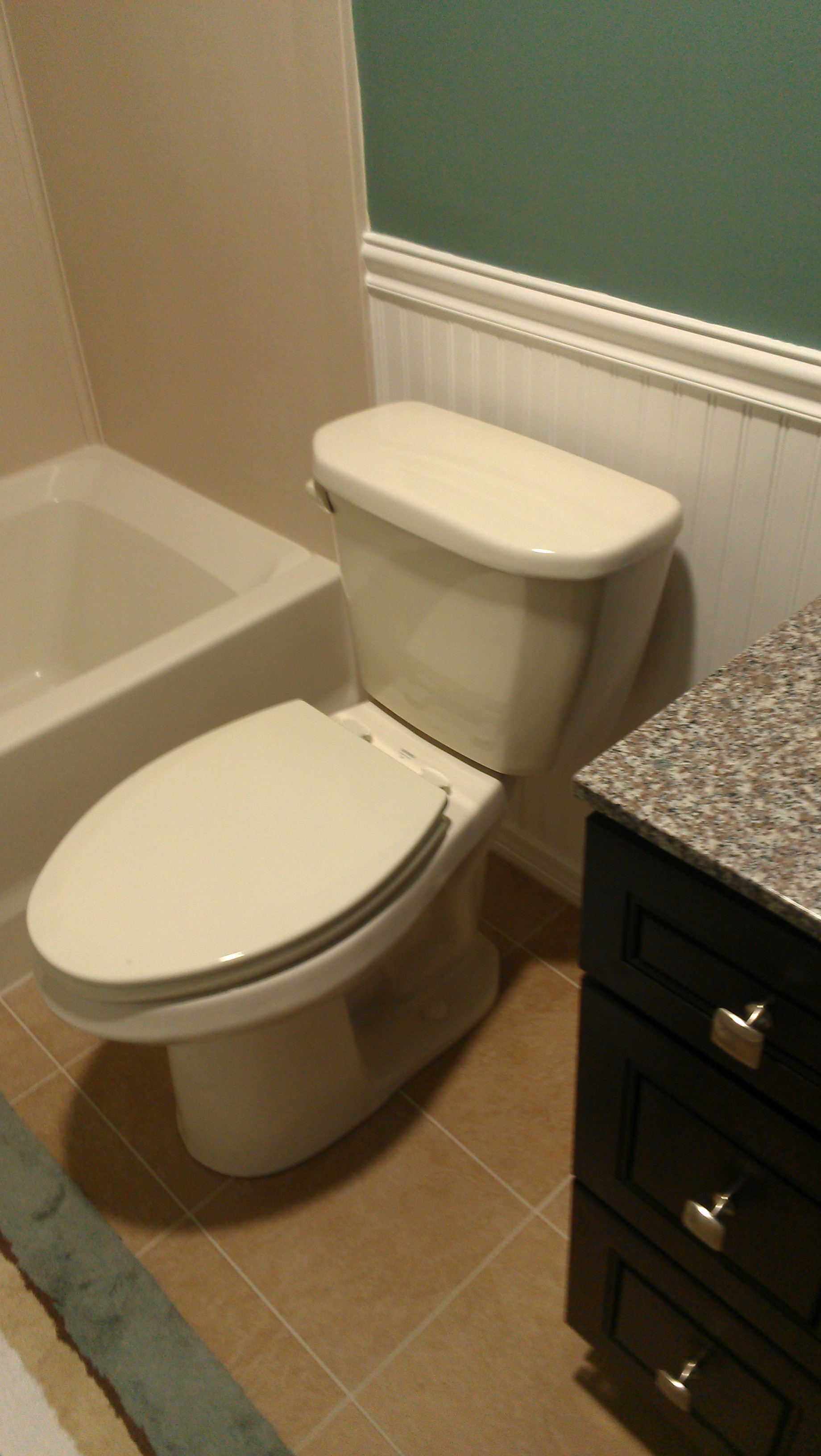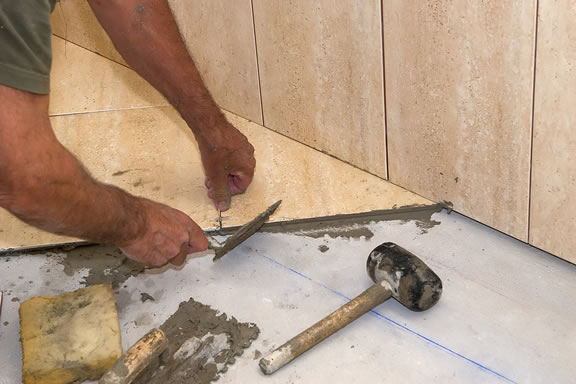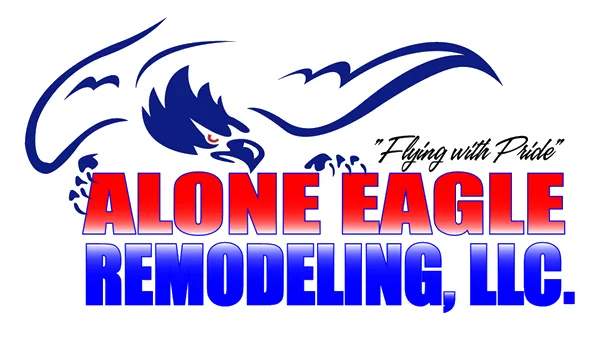Selections Guide for your Tile Floor or Tile Shower
Tile installation is one of the biggest specialty trades in the home improvement industry. If you’re planning on tiling your floors, backsplash or shower know that regardless of the patterns desired that it is always a custom installation. Why? Your tile professional should be able to make recommendations on all aspects of the job starting with the tile and down to the mortars, grouts and preparation of the substrates to ensure a successful, long lasting installation.
Ceramic tiles are composed of clay and other materials from the earth and fired in a kiln to maintain shape. Ceramic tiles are glazed with various finishing from high gloss to matte finish and most common for wall installations on backsplashes, wainscoating and shower walls.
Porcelain tiles are a newer form of the ceramic family and most popular with homeowners today which are composed of porcelain clays and fired at a much higher temperature making them more dense and durable. Glazed porcelain tiles have a clay body and glazed finish on top where Full Body porcelain is solid throughout, thicker and a great choice for kitchen flooring or tile showers because the absorption rate is minimal.
Stone tiles, travertine, slate and marble tiles add a great touch in different design patterns but most are softer and may not be suitable for some floor applications where heavy traffic occurs or floor deflection ratios may be an issue. Natural stone tile typically needs sealed before grouting so they don’t get stained or discolored from the dyes and other chemicals that make up the grout. When selecting natural stone tiles, take a spray bottle with water and spray it to see the color change and that will help represent what the tile will look like after it’s sealed.
With all the different types of tile and applications of flooring membranes and waterproofing materials it’s important to know that your installer can identify the proper mortars to use in any application whether it’s a Glass tile adhesive, non-modified or latex modified thin set. Large format tiles or wall application may require a thicker non-sag mortar to ensure that the mortar will spread evenly without squishing out after the tile is set.
Grout selections can vary as well. There is cement based grout which has a higher absorption rate and typically needs to be sealed for best results. Epoxy and urethane grouts have taken the industry by storm and provide many properties like low absorption rates, stain resistance and chemicals to deter mold and mildew growth. A high quality epoxy or urethane grout plays a big part in the success of a custom tile shower or any application that accepts moisture. There is also urethane based grouts that are specialized for glass and stone tile that will not scratch the finish during the grouting process and a great option for any type of mosaic, backsplash applications with mixed sheet tiles.
Contact your local tile professional and make sure all these topics are considered. Visit their distributor of choice and apply this information with the showroom attendants so that your choices and color options will fit your taste, budget and quality standards.

